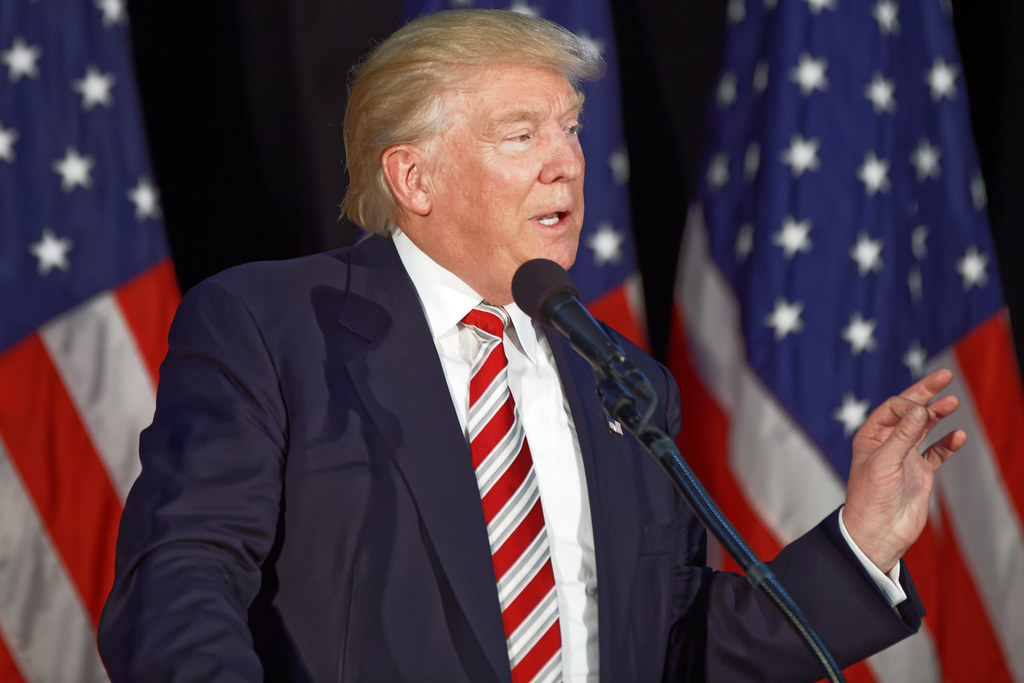Key Takeaways:
- President Donald Trump faces limited options in negotiating an end to the Russia-Ukraine war.
- Trump suggested involving the pope to help broker a peace deal after speaking with Vladimir Putin.
- The Kremlin shows no signs of agreeing to concessions to stop the fighting.
- Republicans are divided on supporting Ukraine, with some advocating for an isolationist approach and others pushing for continued aid.
- Critics warn that a Ukrainian defeat could lead to severe consequences for Trump’s reputation and global stability.
Trump’s Ukraine Diplomacy: A High-Risk, Low-Reward Situation
President Donald Trump’s recent efforts to negotiate an end to the Russia-Ukraine war have sparked widespread concern. With little room to maneuver, Trump’s diplomatic moves are being closely watched, and the stakes couldn’t be higher.
After a phone call with Russian President Vladimir Putin on Monday, Trump suggested that a peace deal between the two nations might be possible, even hinting at the involvement of the pope. However, experts and critics warn that this approach is more theater than reality, with Russia showing no willingness to compromise.
Retired U.S. Army General Mark Hertling weighed in on the situation, saying, “This isn’t a real negotiation—it’s theater, and so far, it’s advantaged Russia.” He pointed to Trump’s reported dislike of Ukrainian President Volodymyr Zelenskyy and his desire to achieve a “victory,” whether for a Nobel Peace Prize or to showcase his deal-making skills.
A Divided Republican Party
The situation has also exposed deep divisions within the Republican Party regarding Ukraine. On one hand, some in Trump’s administration lean toward an isolationist approach, arguing that the U.S. should not constantly bail out Europe. They believe European countries should take more responsibility for resolving their own conflicts.
On the other hand, many Republican lawmakers in Congress, including Senator Lindsey Graham, strongly support continuing aid to Ukraine. Graham recently warned that a Ukrainian defeat could be catastrophic, not just for the region but also for Trump’s political standing. “If you think Afghanistan was bad for Joe Biden,” Graham said, “just wait until you see Russian forces taking over Kyiv on TV. That would be a nightmare.”
The Risks of Failure
Joe Scarborough of MSNBC emphasized the risks of Trump’s approach, pointing out that the administration’s rhetoric suggests a reluctance to support Ukraine. “One of the things we really were able to glean from the leaked Signal chat was the contempt inside the administration for the U.S. having to bail Europe out again and again,” Scarborough said.
He added that the balance between isolating Europe and supporting Ukraine is tricky, with many Republicans in the Senate firmly backing Ukraine’s defense. Scarborough warned that the consequences of failure could be dire, not only for Ukraine but also for Trump’s legacy.
The Global Impact
The ongoing conflict in Ukraine has far-reaching implications for global stability. While Trump’s attempts to negotiate may seem noble, critics argue that without meaningful concessions from Russia, any deal would likely favor Putin’s interests. This could embolden Russia and other aggressive nations, further destabilizing international relations.
As the situation unfolds, one thing is clear: Trump’s diplomatic efforts in Ukraine are high-stakes and low-reward. With the Kremlin unwilling to budge and Republican support for Ukraine wavering, the path forward remains uncertain.
This article was written to provide a clear, engaging summary of the developments in Trump’s Ukraine diplomacy. It avoids complex language to ensure accessibility and uses SEO-friendly practices to reach a broader audience.
